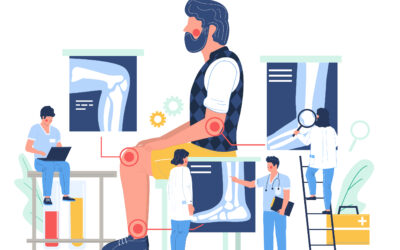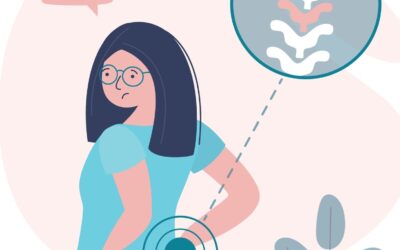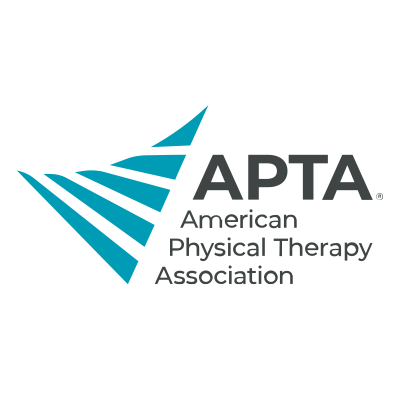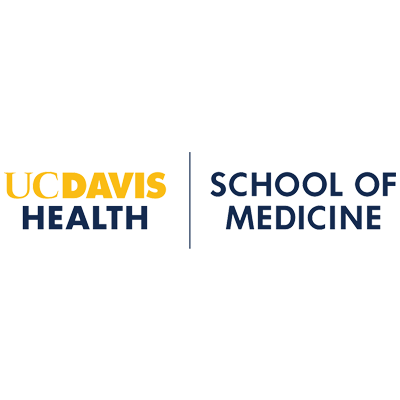There are many negative things we can list off about the year 2020…loss of jobs, not being able to see friends and family, trying to navigate working from home while helping kids do school work online, an explosion of political polarizations, and the list goes on. However, I would like to propose that 2020 did have some benefits. For some, due to extracurricular activities not being available, it allowed families to have more time to be together and grow closer, others enjoyed being able to work from home as they avoided stressful commutes and felt they had more time for exercise, while for others it allowed time to explore new hobbies or interests they had not been able to before.
While it was a frustrating time for us at Folsom Physical Therapy as well, one of the positives to come out of this time was the evolution of how we practice physical therapy. Before the onset of COVID, FPT found it challenging to provide optimal patient care because insurance companies seemed to believe patients’ rehabilitation could be simplified into solely exercise handouts, ignoring how complicated someone’s health history and injury may be and pushing for care to be completed in 8-10 visits.
COVID gave us time to come up with a plan to provide physical therapy outside the constraints of dealing with insurance companies (please note that we are still in-network providers for Medicare), allowing us the freedom for thorough patient treatment, including education on how diet and psychological/emotional stresses affect healing, support for care longer than 8 visits for complex cases, and flexibility in allowing patients to see more than one specialty at a time depending on their needs.
Why is patient education so important?
Patient education can include some, if not all, of these components: what exercise is safe for the individual, how aggressively should someone exercise or not exercise depending on the stage of their injury, education for ergonomic set up for office or the car to prevent painful conditions, sleep support to alleviate tension on the spine and joints, body mechanic awareness for tasks or hobbies that create pain, preventive ideas for avoiding injury or aggravating a prior injury, and how to safely increase training for those who are looking to get stronger or train for an event.
While patient education for exercise and injury prevention is always a must, during the last 9 months it has become paramount to help people maintain stability with their health. COVID caused a sudden shift in lifestyle and created feelings of anxiety, depression, and frustration in much of the population. An article by Ali Pattillo1 mentions how anxiety disorders are the 6th leading cause of global disability and can be as harmful to health as heart disease and hypertension. This same article notes a study in which people experienced a reduction in anxiety from two basic strength-training sessions a week.
Emotional health plays an important role in our autoimmune system, gut health, sleep habits, and pain levels. Although patients may or may not be aware of this fact, we believe it is a critical point to a person’s ability to heal from injury and we seek to educate patients on ways that they can work on mental/emotional health if needed.
Another challenge of COVID was how most people who were used to exercising became disrupted by gym, health club and park closures, and many struggled with how to manage their fitness routine. An article by Jeff Haden2 states people who are successful with change follow practices, instead of routines. For example, a routine is biking 45 minutes daily in the morning at 5 am, while a practice is taking the time to exercise somehow for 45 minutes sometime each day. Our skills with patient education allow us to help people adopt healthy practices to keep up their physical fitness, either with new exercises or modifications of old ones; providing community with Zoom exercises classes; and offering support through providing in person or Telehealth advice on how to help people set up their home office more efficiently.
Equally important to the impact of patient education and outcome is the influence of diet. Although diet has not traditionally been considered a part of the physical therapy rehabilitation process, it is something we at FPT have come to embrace over the last 7 years given the research behind the whole-food plant-based (WFPB) diet. In an editorial blog written for the University of St. Augustine3, FPT alum Rachel Worman, PT, DPT, MPT states, “movement is not optimal without optimal nutrition.” The article goes on to give examples of how WFPB eating can improve lifestyle, such as by boosting athletic performance, reducing risk of disease, fostering brain health, and improving gut health.
Support over time
In today’s healthcare model, it is challenging for physical therapists, as well as MDs, nurses, and other medical providers, to provide care to medically complex patients due to insurance companies restricting the number of visits they will cover. Even after filling out copious amounts of paperwork to justify someone’s need for care, an insurance agent, without any medical training or background, still may only grant 5 or 6 visits. Our clinic believes that in order for patients to be successful in the long-term, and therefore more functional in their life, we must provide help to those who have “failed physical therapy” simply because their medical history or condition could not progress quickly enough for their insurance company.
We have seen patients wean off of the amount of pain medication taken, return back to being able to do tasks and hobbies they may have been limited from doing for 2-5 years, and gain confidence to push their body’s physical capabilities. But all of this took time; time for a patient to develop the strength/endurance/flexibility to get the next phase of their healing, time to relearn or come up with alternative ways of performing tasks that had previously caused pain or impairment, time to regroup if there was a flare-up, and time for the patient and practitioner to develop a relationship and reach the same page concerning patient goals.
In a 2017 article4 from the Journal of Manual and Manipulative Therapy, the authors state that the practice of manual therapy for complex pain cases would remain suboptimal if clinicians thought they were just treating a joint issue versus recognizing the multidimensional nature of chronic pain as well as the complex interaction of contributing factors. Although many practitioners may be aware of this fact, we at FPT feel our clinicians can provide ideal long-term support for complex cases because our business model creates the ability for our patients to access care that is unencumbered by private insurance limitations (please note that we are still in-network providers for Medicare).
Flexibility to see different specialists in the clinic
At FPT, we are lucky to have clinicians who specialize in not just orthopedics but other areas such as pelvic floor therapy, vestibular/balance rehabilitation, TMJ therapy, golf training, personal training, and lymphedema therapy. However, patients typically need to get referrals for individual issues for insurance coverage, and during the pandemic this was especially challenging due to non-emergent visits to MDs being limited. With our new business model, our non-Medicare patients can schedule appointments with whichever specialist they need to see while also continuing their orthopedic rehabilitation if needed. Our therapists work together to make sure that a treatment plan for a specialty issue works well with an orthopedic issue, and vice versa.
So, as we all move forward in 2021 we can reflect on the things that COVID made us grateful for even though it may have been hard to appreciate it at the time. While navigating business decisions and what was best for our patients was definitely a challenge for our clinic, we are thankful for the opportunity to create a business model that allows us to provide holistic care for our patients.
For any patient care needs, you can call the clinic at 916-355-8500 to set up an appointment.
References
- Stressed out? Study Pinpoints A Form Of Exercise That Relieves Anxiety: Ali Pattillo November 8, 2020. Inverse
- People With a Success Mindset Don’t Blindly Follow Morning Routines. Instead, They Do This: Jeff Haden Dec 18th, 2020. Inc
- Physical Therapy and Nutrition: 4 Benefits of a Plant-Based Diet. University of St. Augustine For Healthcare Sciences Blog January 2021
- Rogelio A. Coronado & Joel E. Bialosky (2017) Manual physical therapy for chronic pain: the complex whole is greater than the sum of its parts, Journal of Manual & Manipulative Therapy, 25:3, 115-117










